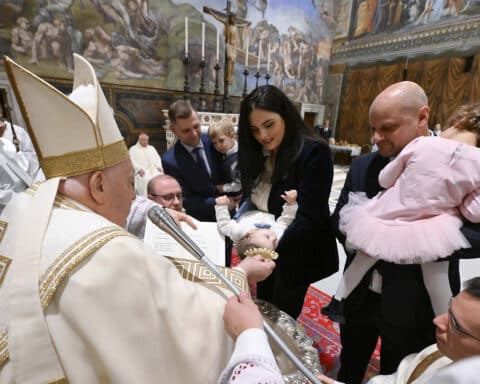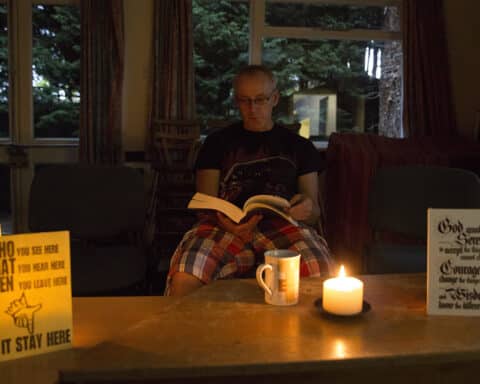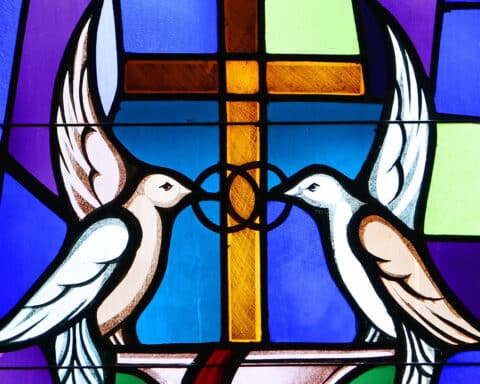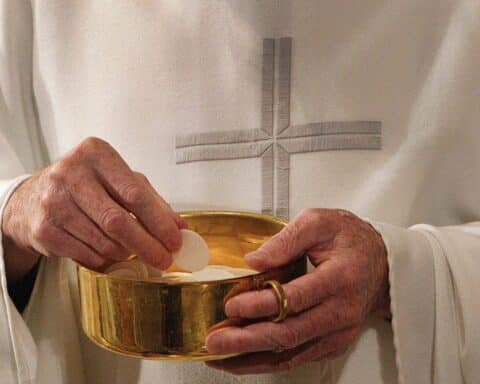Question: Recently I attended a catechetical conference in our diocese and the speaker would not answer “yes” when I asked him if Christ instituted all the sacraments. He skirted the matter and would only give a vague answer. He also would not say that Christ gave us seven sacraments. What is your position?
— Name and address withheld
Answer: There are three ways of answering the question about the origin of the sacraments — two inadequate and one more adequate. The first is to argue that Christ explicitly instituted the seven sacraments at particular moments and gave them their essential words (form) and their essential actions (matter). The Gospels do not provide evidence of this kind of formal and detailed institution by Christ. Trying to give a detailed account of the explicit and detailed provision of the sacraments by Jesus was popular in the scholastic tradition that followed the Council of Trent.
The second way of dealing with this matter is to say that Christ did not institute the sacraments at all, that they were instituted by the Church over the centuries. In this view, Christ — at most — instituted baptism and the Eucharist. This approach was popular in liberal Protestantism in the 19th and 20th centuries and is a familiar part of liberal theology today.
The most adequate way of answering the question of the institution of the sacraments is to say that they are the continuation of Christ’s ministry in history. Insofar as Christ continues to be present in the world, he is present sacramentally. The sacraments are not separate from Christ, and Christ is not separate from the sacraments. If there were no sacraments, Christ would have no visibility in the world.
During his public ministry, Jesus called disciples to follow him and by the gift of the Spirit incorporated them into himself. These actions continue in the sacraments of baptism and confirmation. Jesus often shared meals with his disciples, most notably the Last Supper and the supper on the road to Emmaus. He continues to do this today in the Sacrament of the Eucharist.
Fundamental to Jesus’ ministry was his repeated forgiveness of sinners and their reconciliation to the ways of the Kingdom. The Sacrament of Penance elongates this ministry of Jesus down to the present.
Jesus healed the sick and bound up the wounds of those who were afflicted in body and spirit. This ministry continues in the anointing of the sick by the Church’s ministers.
Jesus sent forth chosen disciples to proclaim the Kingdom and to baptize. Through holy orders, this commissioning of apostles continues. At Cana, Jesus blessed marriage by his presence at a wedding ceremony. He continues to bless marriages today by his sacramental presence in the Church’s blessing of weddings.
In this approach to the institution of the sacraments, we find the closest connection between Jesus and the sacraments. The sacraments are Jesus’ actions and ministry continuing in the world through the power of the Holy Spirit. You will find an excellent statement on this approach in the Catechism of the Catholic Church (see Nos. 1113-1116).
Regarding the number of the sacraments, the Catechism uses an analogy with the development of the canon of Scripture: “As she has done for the canon of Sacred Scripture and for the doctrine of the faith, the Church, by the power of the Spirit who guides her ‘into all truth,’ has gradually recognized this treasure received from Christ and, as the faithful steward of God’s mysteries, has determined its ‘dispensation.’ Thus the Church has discerned over the centuries that among liturgical celebrations there are seven that are, in the strict sense of the term, sacraments instituted by Christ” (No. 1117).





